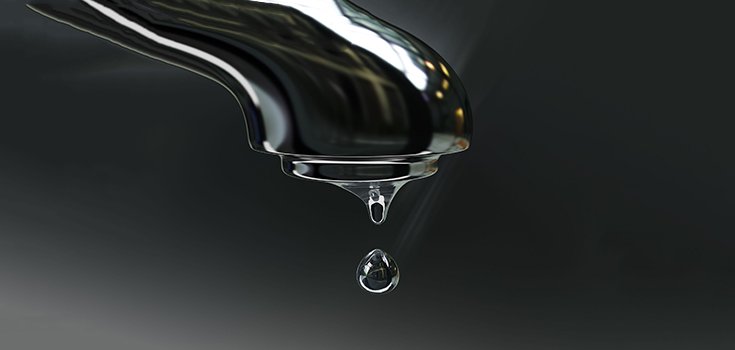Brain-Eating Amoebae Found in Louisiana Tap Water

It seems like every summer in recent years you hear about someone who contracted a so-called brain-eating amoeba. In 2016, an 18-year-old Ohio teen died after contracting one while visiting the U.S. National Whitewater Center in Charlotte, North Carolina. Now health officials in Louisiana have warned residents not to let water get up their nose after the same type of amoeba was discovered in two water systems in the state.
Louisiana’s Department of Health has confirmed that Naegleria fowleri, the same single-celled organism that killed the Ohio teen last year, was present in water samples taken from Ouachita Parish’s North Monroe Water System and Terrebonne Parish’s Schriever Water System. Health officials say the water is safe to drink, but warned people against getting any of the contaminated water in the nose.
According to the U.S. Centers for Disease Control (CDC), Naegleria fowleri is found in fresh water, such as lakes, rivers, and hot springs, as well as in soil. The organism thrives in warm water and hot temperatures. The deadly amoeba enters the body through the nose, typically when people go swimming or diving in freshwater sources. Naegleria fowleri travels up the nose and destroys brain tissue. This condition is called primary amebic meningoencephalitis. [1], [2]
You can’t contract the condition by drinking water, but infection sometimes occurs in inadequately chlorinated swimming pools. Also, although neti pots are wonderful for clearing out your sinuses, there have been cases of people becoming infected with the amoeba via nasal irrigation. [2]
Although it’s exceedingly rare that people contract it, Naegleria fowleri is as good as a death wish if you are unlucky enough to become infected. It’s fatal at least 97% of the time, and some estimates are even higher.
The Louisiana health department has issued information on how to avoid infection:
- Flush out pipes by allowing shower taps and hoses to run for 5 minutes before use.
- Use “only boiled and cooled, distilled or sterile water for making sinus rinse solutions for neti pots or performing ritual ablutions.” [1]
The department lists additional preventative measures on its website.
Louisiana health officials, meanwhile, have been instructed to use the “free chlorine method” for 60 days to kill any remaining amoebae. Residents have been told to follow all precautions “until testing no longer confirms the presence of the amoeba in the water system. The water system will notify residents when that occurs.”
Sources:
